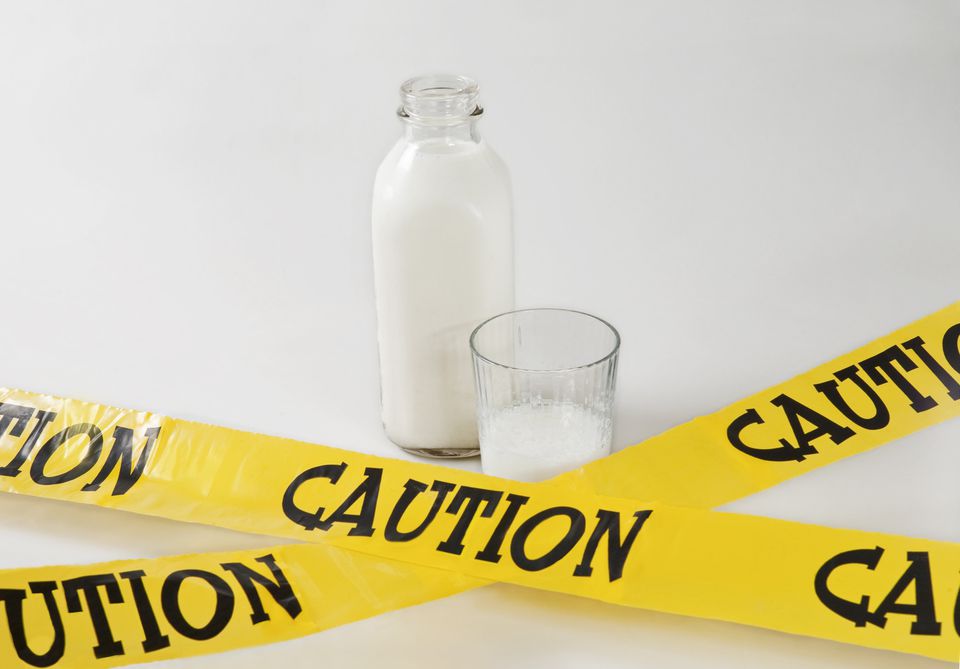Genetically Modified Organisms
With Proposition 37 on the November 6th ballot—which proposes the labeling of genetically modified foods—the controversy and discussion about genetically modified organisms (GMOs) is everywhere. I get about five spam emails a day bombarding me with “absolute truths” of GMOs causing cancer and polluting the gene pool. Or, on the other end of the spectrum, I’ve come across YouTube commercials produced by NoProp37.com (funded by Monsanto, General Mills, Cargill, and many more Big Agribusiness companies, listed here) calling Prop 37 deceptive and complex. While Monsanto is trying to send messages through YouTube, I recently had to stop following Occupy Food on Facebook because of how many radical (yet somewhat informative) posts showed up in my newsfeed per day. It seems that for either side, it’s all or nothing, and it’s worth sounding ridiculous for the cause. Don’t get me wrong, I know which way I’m voting on November 6th, but it’s important to read all the facts (and laugh about the unbelievable ones) to make up your mind on what your vote is going to be, and what it’s going to mean.
The Health Consequences
First of all, the long-term health consequences of GMOs are unknown. There has only been one long-term study on the effects of GMOs on health, and that’s the very newly released French study. In this study, rats were fed Monsanto’s Round-Up (a weed killer) at US approved levels as well as a diet containing Round-Up-resistant GM corn. Twice as many rats died prematurely compared to the control group fed a non-GMO diet. Some scientist have come out to say that the result of this study are shocking but notable, as it is the first and only study done on GMOs, which have been in the food system for about twenty years. Other scientist remain skeptical, saying that the French scientists may have been “fishing” for statistics and had a pre-existing bias against GMOs. Whether this study’s statistics will hold up, the truth is that not enough research has been conducted on genetically engineered foods. There is also concern that new and foreign genes will pass on bacterium to the digestive system, with consequences we can only wonder.
Gene Pollution
Once a species or crop has been genetically modified, there’s no turning back. For example, there have been many farmers operating their farm, minding their own business, and happen to find out (by Monsanto inspectors) that their field has been contaminated by Monsanto’s Round-Up-ready patented seed. This happens by what you could call patented seed run-off, where a truck of Monsanto seed drives by, and the wind blows the seed into the farmers land. Not only are farmers now infringing on a patent (which is a whole other topic: patenting food is a new and radical idea, and infringement for something so easily contaminated is controversial), but the farmers’ land is now polluted with GM seeds. In North Dakota, 80% of wild canola contains at least one modified gene because of these circumstances. As terrifying as gene modification may seem, the absolute lack of control when it comes to containing those genes is even more frightening.
Chemical Alternative
One of the benefits of GMOs is that if we can genetically modify a plant to be resistant to pests, farmers don’t have to use pesticides: use a GM resistant seed, and they’ll no longer have to spray. Another thought behind this is that GM crops resistant to pests will increase yields, but this is not fully true. Using GM crops will increase yields only if you do not use pesticides already: crops sprayed with pesticides and pest-resistant GM crops have the same yield. Some of our current GMOs in the US, such as the Round-Up-ready Monsanto seed, actually are meant to be used with more chemicals and are engineered to be doused with weed killer without being harmed. So, yes! GMOs can increase yields, but only in situations (such as in some developing countries) where the farmers are not already using pesticides. There is also concern that GM crops resistant to bacteria may cause bacteria to become stronger and harder to kill, and herbicide resistant crops could transfer to make weeds herbicide-resistant as well (gene pollution, anyone?).
Labeling GMO
Labeling GMOs means just that: labeling GM foods so you know what you’re eating. I believe this to be something everyone can agree with: the right to know where your food comes from, what’s in it, and how it was produced. We’ve become so accustomed to believing someone else—the food producers, companies, or supermarkets—and to trusting that we’re in good hands and our government regulation keeps everything A-OK that some of us may question the need for GMO labeling. Besides all the controversy about GMOs decreasing chemicals in production or polluting the gene pool, I think that labeling our food gives people the power to make their own decisions, and more transparency is a step towards justice in our food system.
Article by Lauren Tarver
Feature Image Source: testeach
























